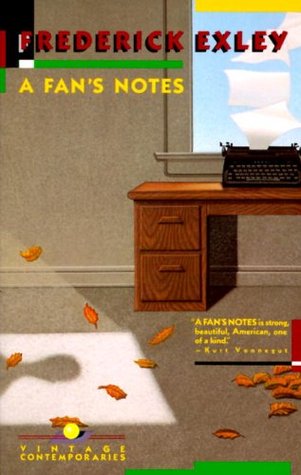More on this book
Community
Kindle Notes & Highlights
I told him the ordeal of my own first love, how it had taken me two years to alleviate the pain, how I had risen with it, gone to bed with it, and lived with it all my waking hours until, accepting its naturalness, it had begun to recede.
reading a smuggled copy of de Sade, that even on the “outside” one never comes to terms with desire.
There was about Paddy a funereal depth, the kind of gravity that made other men turn from him.
Suicide is what the man does when the pain caused by the cancer in the bowel blurs the landscape to the eye so that all things look the same and even the defined direction of blackness seems welcome.
as it never does to people for whom the world has soured, creating in them the perverse capacity to measure everything and everybody in their own rancid image
I worked—and like most men who don’t know why they work at what they do, I worked with a fury that prevented my asking why
that one cannot “minister to the mind diseased,” that “therein the patient cures himself.”
he was showing the reader how splendidly handsome and virile he might look were he to wear a V-necked Jantzen pullover. That sweater, I said, seemed to make my state-issue cotton plaid shirt burn hot on my flesh, the hot humiliation of having hoped for too much.
The Counselor possessed this Ishmael-like quality, this thing ungroomable, this cowlick in his psyche; and watching him listen to one tale of woe or another, I was never sure whether he listened in sympathy or with scarcely contained amusement. Watching him listen, I was never at ease.
I kissed them and caressed them and squeezed them—and, alas, never once did their warmth permeate me. For all I felt, they might have been yarn-haired rag dolls. It was as if I had been pathetically burned and in the process all the nerve ends in my body had been destroyed. And in a way I suppose
I had been consumed by the flames of my own reprehensible desire and was living in the terrifying memory of the flames, spending all my waking hours recalling the horror and the dismay, the laughter and the bitterness, of that holocaust I called my life.
What I did see was a kind of poor man’s Augie seated hot afternoons at the outdoor café overlooking Rome’s Borghese Gardens and putting down words, in the hope not so much that they would be read or
that they contained poignant or disturbing meanings as that, written more in negative apprehension, once dead I would be dumb forever—which, as Augie said, “is no reason to decline to speak and stir or to be what you are.”
More sobering, on leaving I would be once more “on the move,” be a part of the bewildering and stultifying movement that America has become; and the curse of movement is that during it one is never doing one’s own work but that of the world. I yearned for something essentially Miltonian or Emersonian, and something so apparently little understood today that it makes me feel antiquated and musty to mention it: I wanted to await my call.
its bow cutting effortlessly through the slate waters and throwing up a furious white spray that spat itself to pieces.
be stepping out of a sadness to meet one;
as, a little startled, most of us seem always to be stepping out of our predominant hues, whether of gaiety or equanimity or frolicsomeness or gravity, to meet another;


